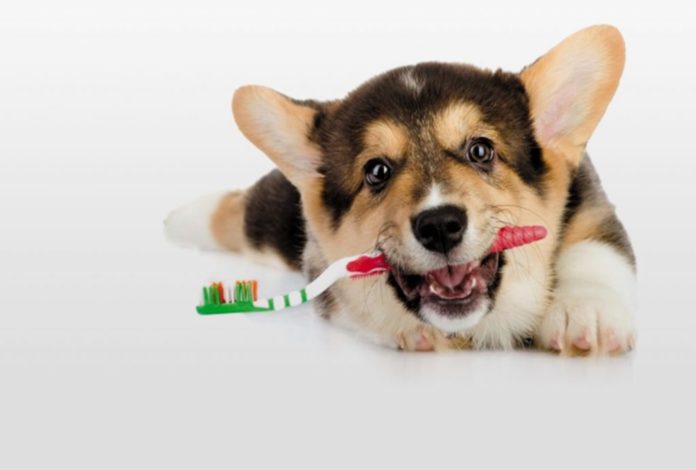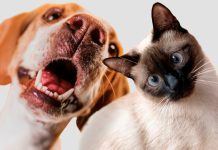We are all supposed to have our teeth checked and cleaned at least once a year, right? How many of us actually get it done? I do now, since I suffered a couple of excruciatingly painful root abscesses, one of which allowed me to meet a charming Mexican dentist (but that’s another story).
We all know that our pets suffer from the same ailments as we do, including gingivitis, plaque, cavities, tartar, fractured teeth and root abscesses. This is my chance to remind you that dental disease hurts. A lot. And it can cause health problems such as blood poisoning, heart valve disease, kidney and liver problems. And no, your pet will not complain if they have a sore mouth. And yes, they will keep eating if they have a painful tooth (I still ate my fish tacos in Mexico with a mind-numbingly painful tooth. Thank goodness for tequila).
Dogs and cats, like their wild ancestors, are genetically programmed not to show pain in order to avoid getting preyed upon by something bigger. Just because they do not show signs of pain and continue eating does not mean that it doesn’t hurt.
We perform many dental procedures at the veterinary hospital. Some of these are routine dental “prophys” which are equivalent to your teeth cleaning at the dentist’s. These prevent serious oral disease from happening and can be budgeted on a yearly basis. Others are emergency procedures when the oral disease is bad enough that either the owner can no longer stand the smell, the root abscess has ruptured through the bone into the face, or the pet is in so much pain they can no longer function normally. This kind of treatment is long, difficult, painful and costly.
We would much rather take care of your pet’s teeth before it becomes an emergency. A dental exam done at the time of your pet’s annual physical exam can detect dental disease before it becomes advanced, and it is included in the cost of your pets check up.
If we detect a problem, we will recommend either home care or in hospital treatments. Home care involves daily brushing with pet tooth paste (seafood, beef, chicken or peanut butter flavour!), dental diets that are made as a much bigger kibble with an enzymatic cleaning matrix that cleans teeth as your pet chews, and/ or daily dental chews that last 3-5 minutes and remove plaque. We recommend training your pet to accept tooth brushing from an early age, using positive rewards and treats.
In hospital treatments generally involve anesthesia. It is impossible to do a good job without it as our pets won’t stay still. Sharp objects around a pets face when they are wiggling are dangerous. Cleaning under the gum line, post cleaning polishing to remove enamel damage and dental X-rays cannot be properly done on an awake pet. Diseases such as dental abscesses, cavities and fractured roots can’t be detected or treated without anesthesia. Our anaesthetics are state of the art, safe and humane; we routinely anesthetize older pets. Many pets need dental procedures every year, something you probably didn’t bargain for when you adopted that adorably cute puppy or that rescue kitty!
Prevention and early treatment can save your pet pain, save you money and prolong your pet’s life. Your pet and your veterinarian will thank you!









